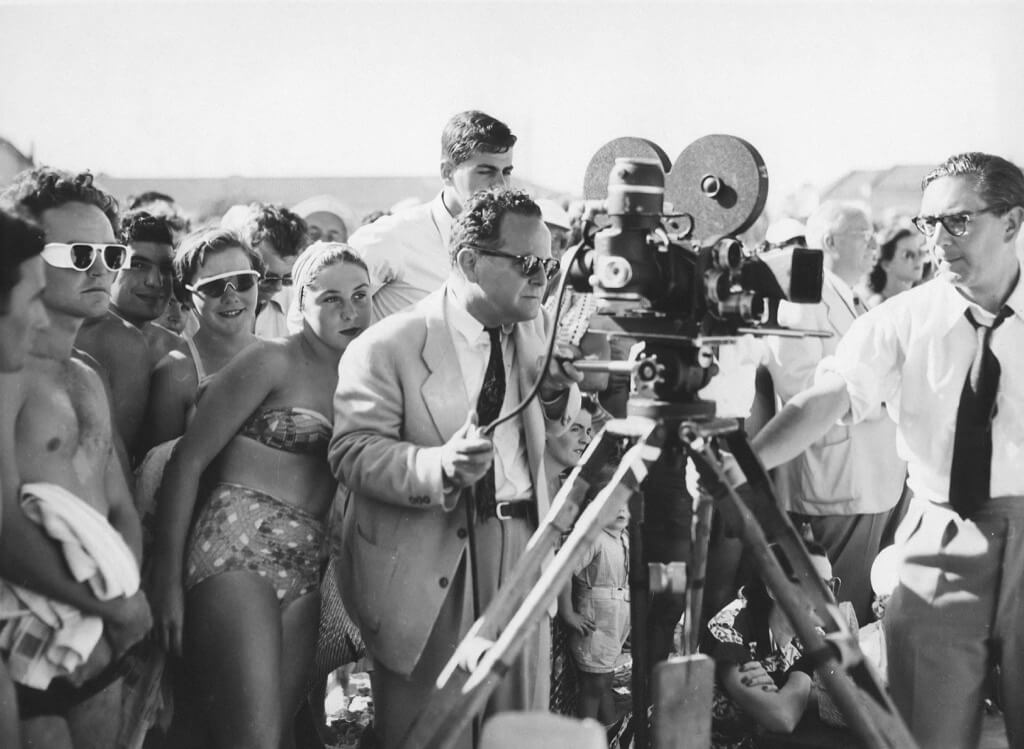In 1929 Moscow, an observant newspaper editor realized reporter Solomon Shereshevsky never jotted down notes. Why? Shereshevsky had a remarkable gift — he could remember virtually everything. This intrigue led to an appointment with neurologist Alexander Luria. Over 15 years, Luria presented Shereshevsky (referred to as “S”) with increasingly challenging memory exercises. Luria’s verdict on Shereshevsky’s memory in his 1968 study was that it seemed boundless.
But was Shereshevsky’s ability an example of a true “photographic memory”? Several luminaries, from Nikola Tesla to Mister T, have professed to possess this talent, but science remains unconvinced of its existence. Eidetic memory, often confused with photographic memory, refers to the vivid recall of visual imagery. While it appears primarily in children, by adolescence, this ability diminishes as linguistic skills develop.
Yet, There Have Been Outliers
Harvard’s Charles Stromeyer in 1970 documented a student, “Elizabeth,” who displayed this ability. However subsequent examinations of Stromeyer’s methodology raised eyebrows, particularly due to his close relationship and eventual marriage to Elizabeth.
The term “photographic memory” often evokes images of savants like Kim Peek or Stephen Wiltshire. While their capabilities are staggering, they often come at a price. Peek, for instance, needed aid for many daily activities despite his profound memory.
Another intriguing condition is hyperthymesia, where individuals recall autobiographical events in vivid detail. Jill Price, diagnosed with the condition, could reminisce about specific dates with stunning clarity. However, such abilities can be a curse. Unable to forget, Price suffered deep depression following personal tragedies.
Another Group Associated With Superior Recall is Mnemonists
Far from being naturally gifted, they leverage mnemonic techniques to remember vast swaths of information. Historical figures like the Shass Pollaks, known for memorizing religious texts, are classic examples. Mnemonists, like Lu Chao, stand out not due to innate brilliance but sheer dedication.
Revisiting Solomon Shereshevsky, his remarkable memory, as Luria deduced, was due to a unique form of synaesthesia. Every number, letter, or color triggered a sensory reaction, which aided his recall. But this blessing was also a curse. Unable to filter memories, Shereshevsky struggled with daily life and eventually sought solace in alcohol, tragically passing away in 1958.
Noted cognitive expert Marvin Minsky dubbed the concept of photographic memory a pervasive myth, seen in fiction but elusive in reality. Its appeal in pop culture might stem from our innate desire for shortcuts to mastery, as seen in online quizzes or courses offering to unveil one’s latent memory prowess. Even in plagiarism controversies, the defense often echoes: “It wasn’t theft; I just have a photographic memory.”
The Allure of Photographic Recall
Photographic memory, also known as eidetic memory, is often portrayed as a superhuman ability that allows individuals to capture and recall vast amounts of information with precision. Figures like Solomon Shereshevsky have made this phenomenon famous, presenting an image of infallibility and mental prowess. The tantalizing idea of retaining every piece of information, as if snapping photos with the mind has led to myths, claims, and countless studies trying to decode its mystery.
Capturing Information Effortlessly
One of the primary advantages of possessing a photographic memory is the ease with which information is captured. Unlike the average person, someone with this ability doesn’t need to rehearse or repeatedly expose themselves to information to retain it. This can be beneficial in academic settings, work environments, or any situation where fast and accurate recall is prized.
Navigating the World with Precision
With their impeccable memory, individuals like Stephen Wiltshire can recreate complex cityscapes after just a short helicopter ride. Such abilities could have applications in various fields like art, architecture, and even navigation. Similarly, people like Derek Paravicini can replay any piece of music after hearing it once. Such precision can be a boon in the fields of music, arts, and even research.
Challenges of Over-Remembering
While it might sound attractive, having an eidetic memory isn’t without its downsides. Individuals like Jill Price, diagnosed with hyperthymesia, can recall minute details of every day of their lives. But for them, forgetting becomes a challenge.
Remembering every slight, every negative emotion, and every trauma with perfect clarity can be a burden, leading to emotional distress. Price’s lingering pain after her husband’s death is a stark example of the emotional costs of remembering too much.
The Paradox of Specialization
Savants often possess extraordinary memory capabilities but at the expense of other cognitive functions. Kim Peek could recall vast amounts of literature but needed assistance for basic tasks due to low motor and cognitive skills. Stephen Wiltshire, despite his incredible memory for cityscapes, often got lost within them. This hyper-specificity in memory often comes at the cost of broader cognitive abilities, limiting the overall functionality in daily life.
The Reliability Dilemma
While the feats of memory savants are impressive, their recall isn’t always flawless. Wiltshire’s detailed drawings, for example, though breathtaking, weren’t always accurate. Memory, even for those with eidetic abilities, remains reconstructive. The mind takes in information and rebuilds it during recall, sometimes introducing errors in the process.
The Social Costs of Exceptional Memory
Shereshevsky, with his unique synaesthetic abilities, found everyday life challenging due to the sensory overload. The flavors of newspapers interfered with his breakfast, and specific sensations led to distressing associations. His inability to forget became a significant hindrance, pushing him from journalism to becoming a cab driver and finally to his tragic end. Such challenges highlight the potential social and emotional costs of possessing an extraordinary memory.




